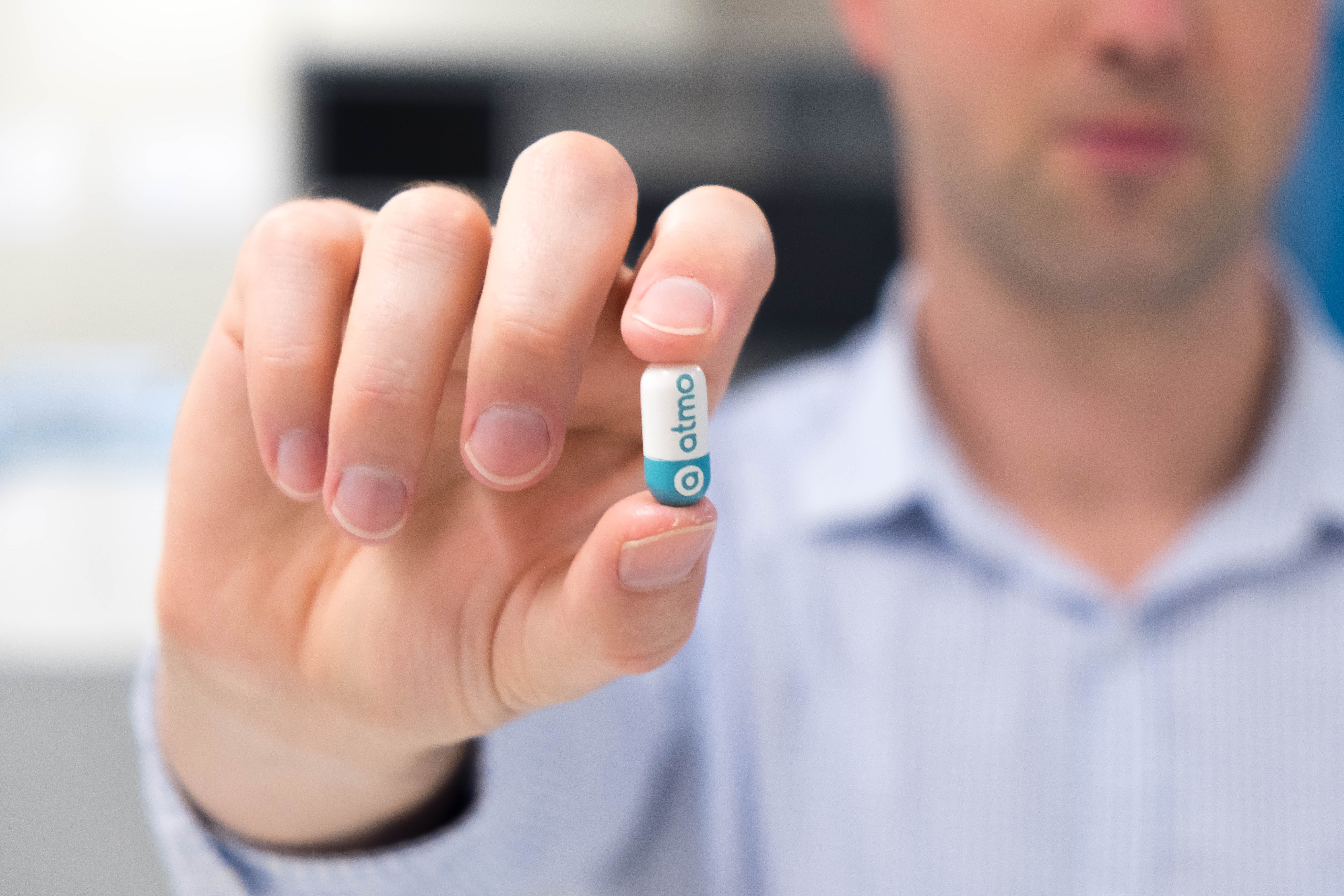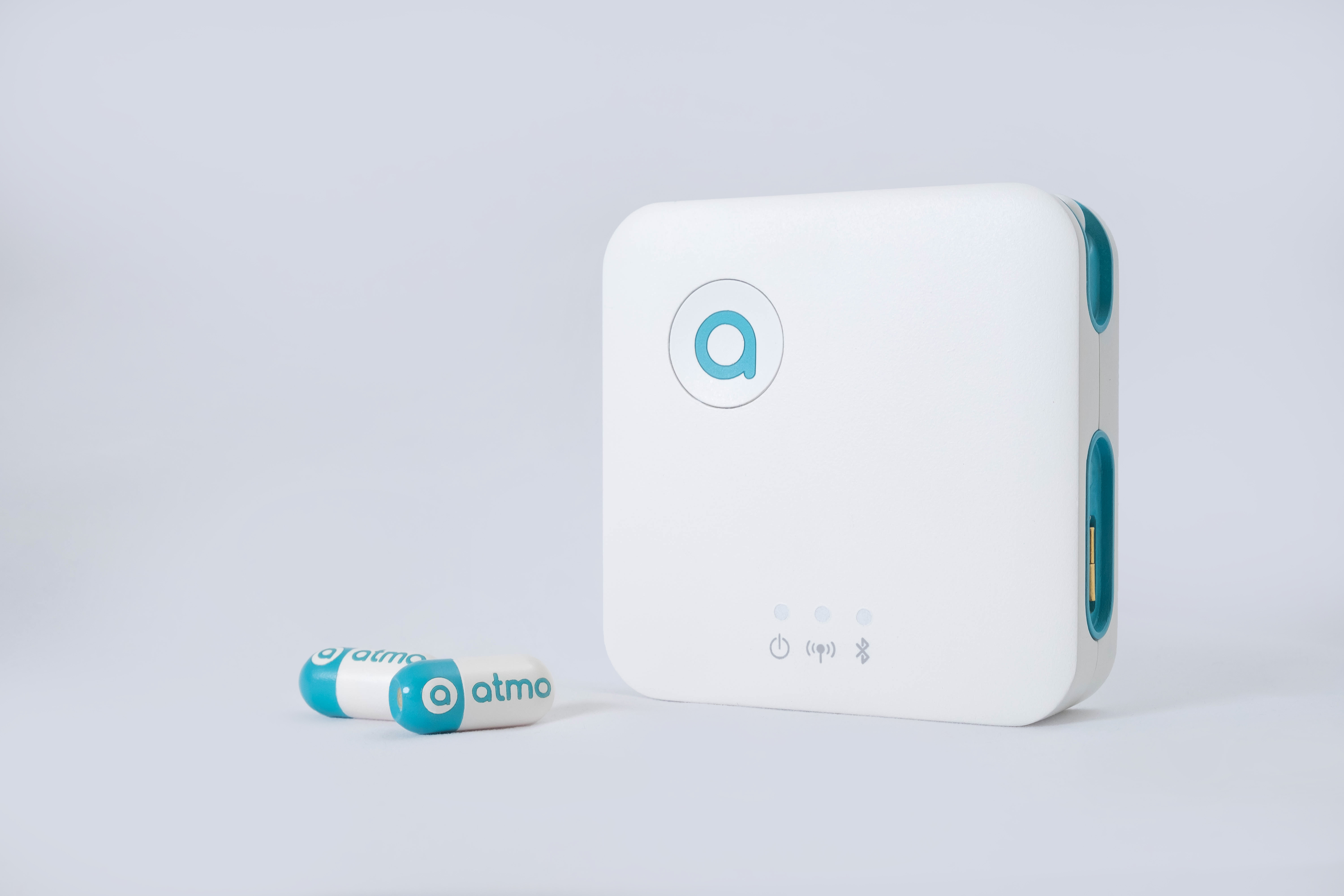The commercial licence agreement, which gives the Melbourne-based start-up exclusive rights to commercialise the RMIT-developed technology, will enable Phase 2 clinical trials to be pursued.
The world-first patented technology can detect and measure gaseous biomarkers in real time to help improve the diagnosis of gut disorders, which affect one in five people in their lifetime.
When swallowed, the capsule moves through the gastrointestinal system and transmits information via a handheld device and mobile app to the cloud for doctors to examine, enabling targeted treatment, earlier relief of symptoms and reduced healthcare costs.
As well as pursuing Phase 2 human trials, Atmo Biosciences – an early stage venture of leading health tech and innovation company Planet Innovation - will work to enhance the existing technology and expand the range of gases the capsule can sense.
Researchers will target biomarkers related to gut disorders including small intestinal bacterial overgrowth (SIBO), irritable bowel syndrome (IBS), inflammatory bowel disease (IBD) and ulcerative colitis, a form of IBD that costs the US healthcare system $US19 billion each year.
RMIT Deputy Vice-Chancellor Research and Innovation and Vice-President, Professor Calum Drummond, said the agreement was a landmark moment in delivering the groundbreaking medical technology into the hands of patients and doctors.
“RMIT research is driven by a desire to create positive benefit for our communities through innovation and collaboration,” Drummond said.
“We’re excited by this opportunity for our research to be translated into products and services and look forward to seeing Atmo Biosciences bring this technology out of our labs and into the broader community."
The RMIT research team behind the technology was led by Professor Kourosh Kalantar-zadeh (co-inventor and Atmo lead scientific advisor), Dr Kyle Berean (co-inventor and Atmo Chief Technology Officer), Dr Adam Chrimes (Atmo principal engineer) and Nam Ha (Atmo principal engineer).





